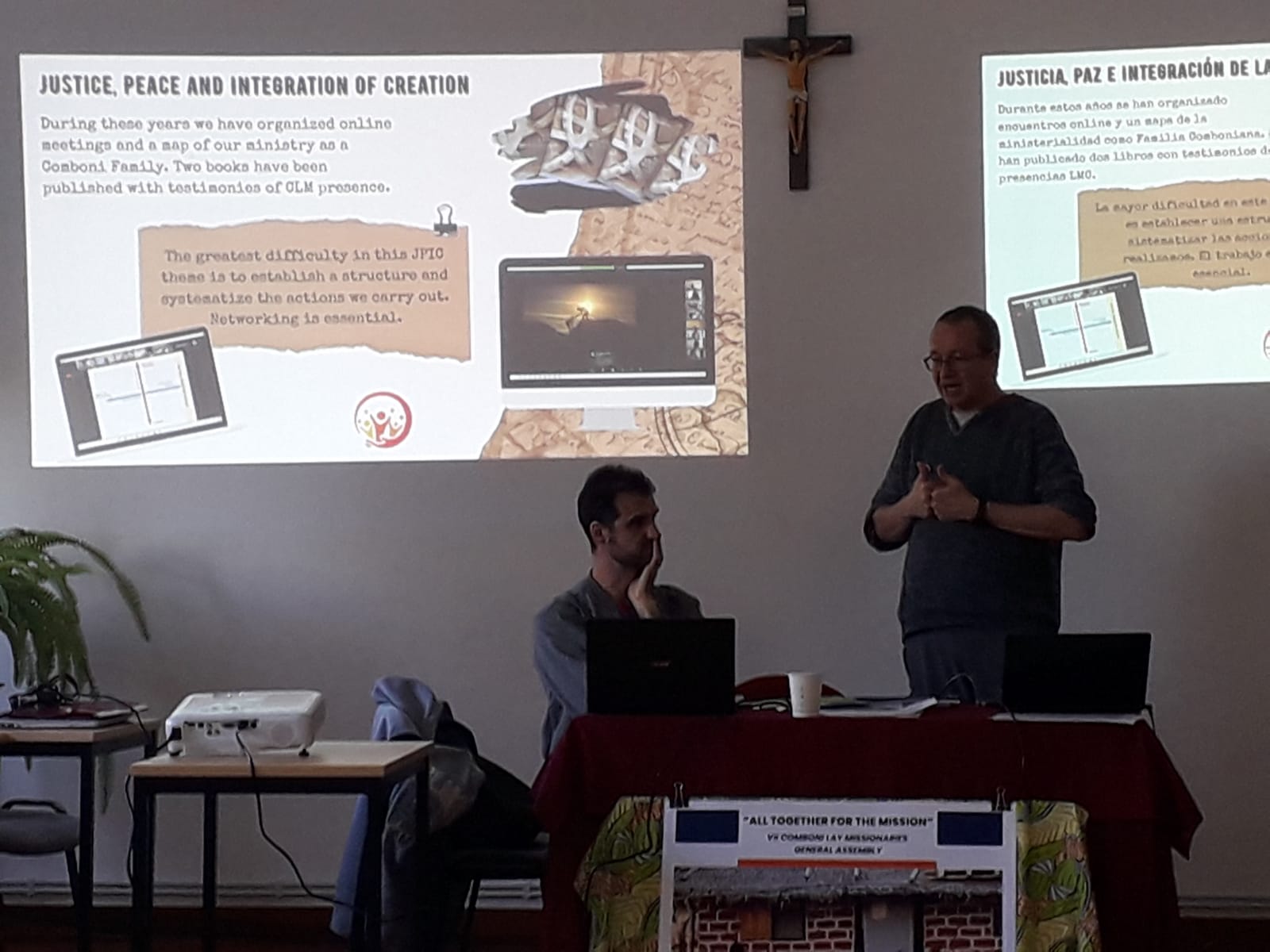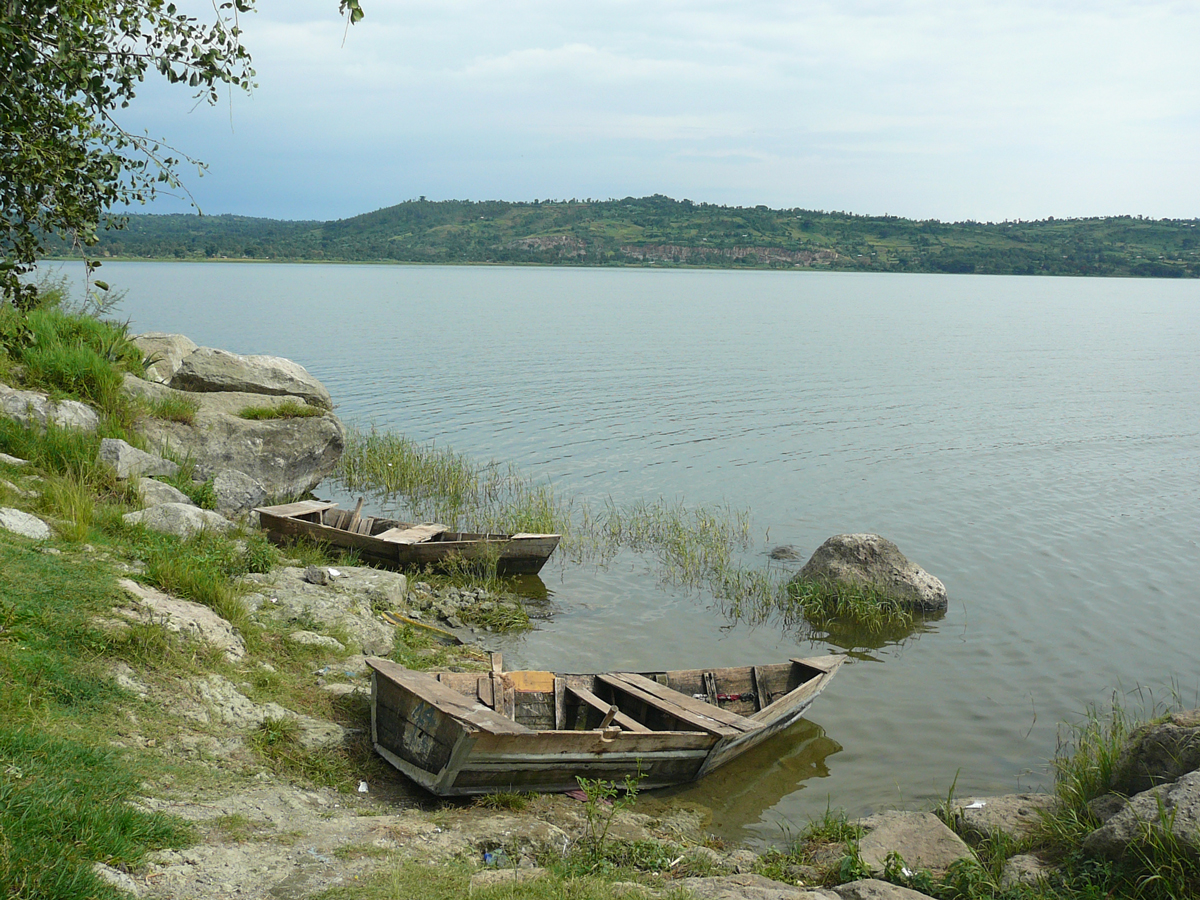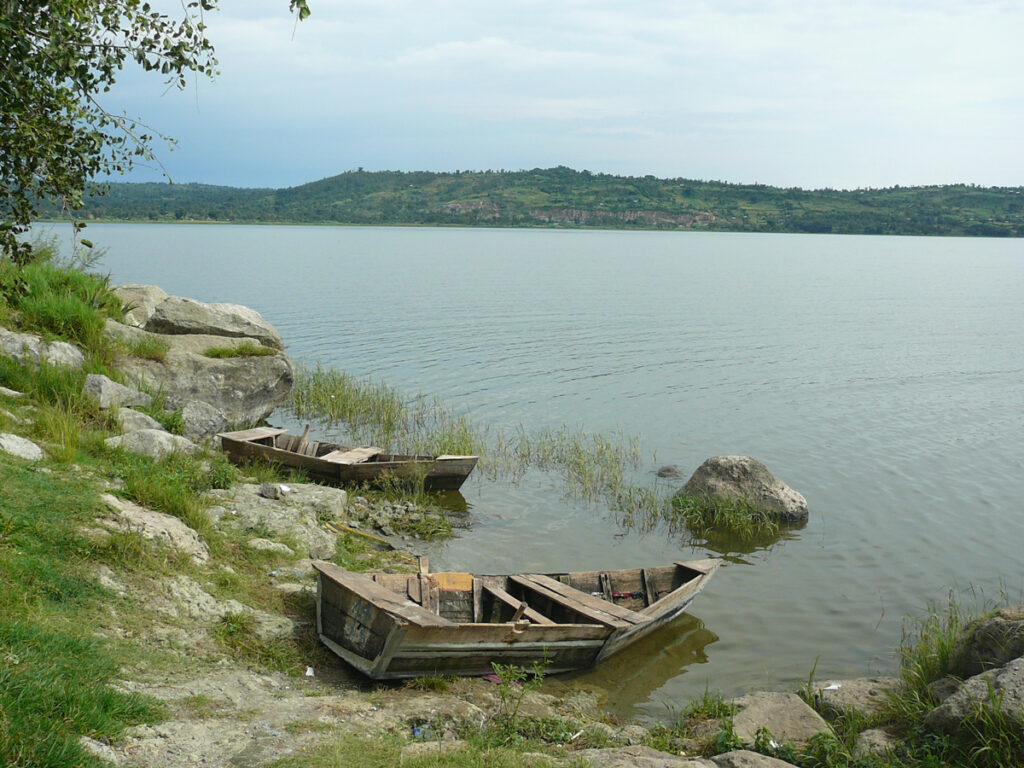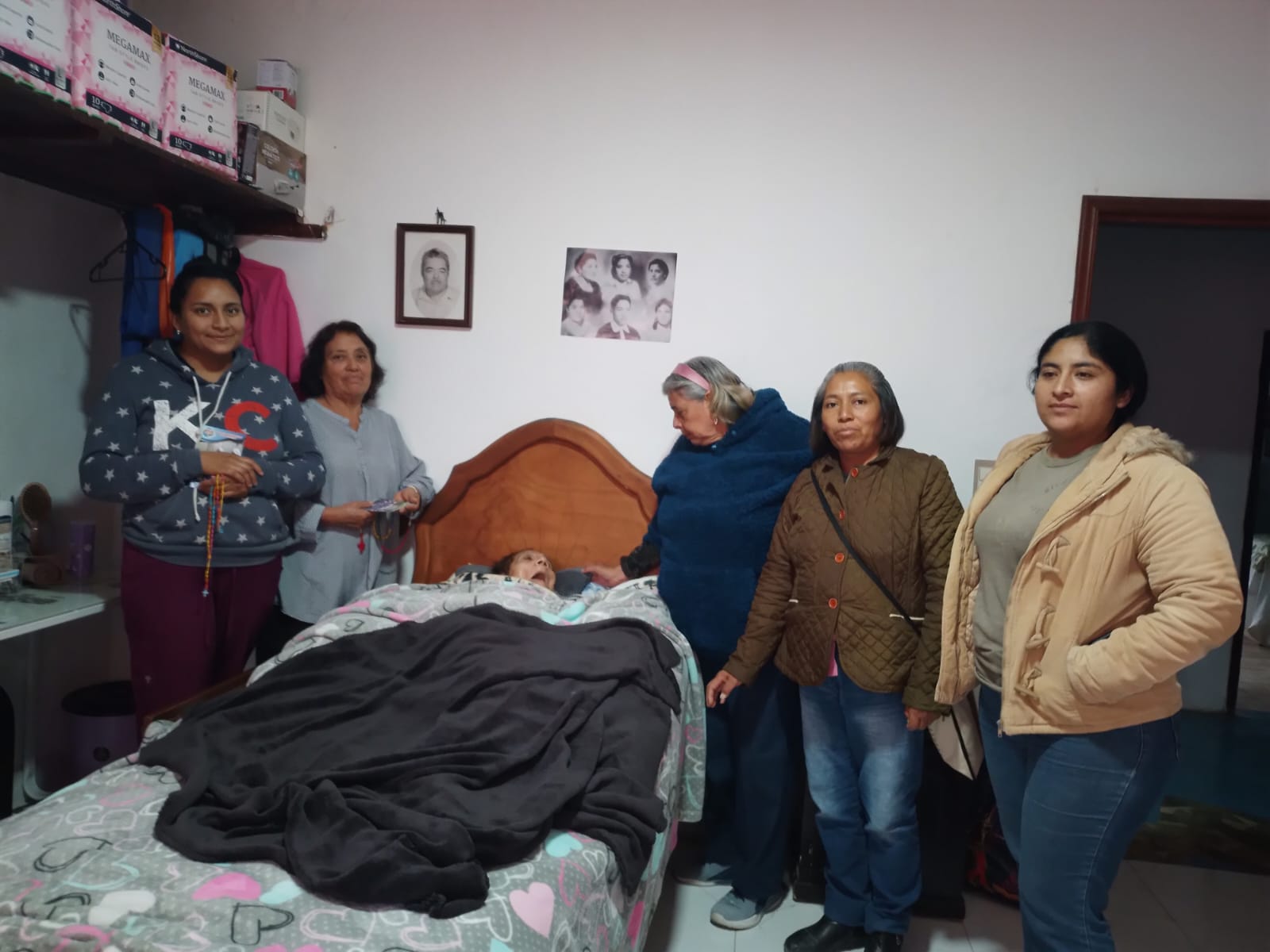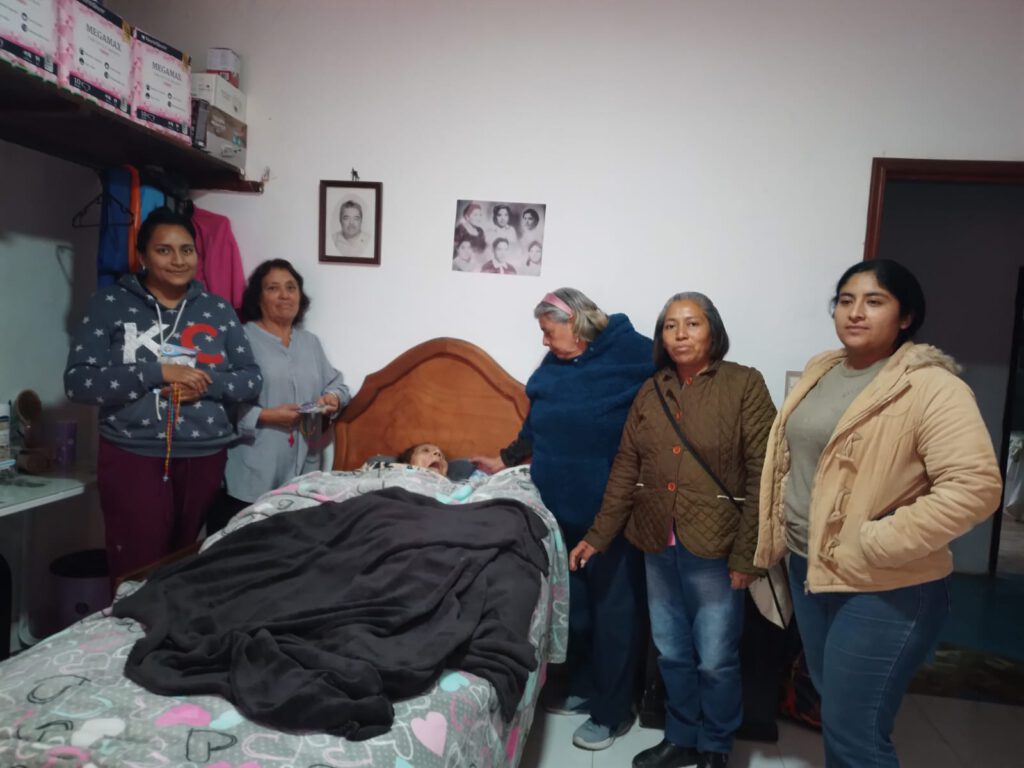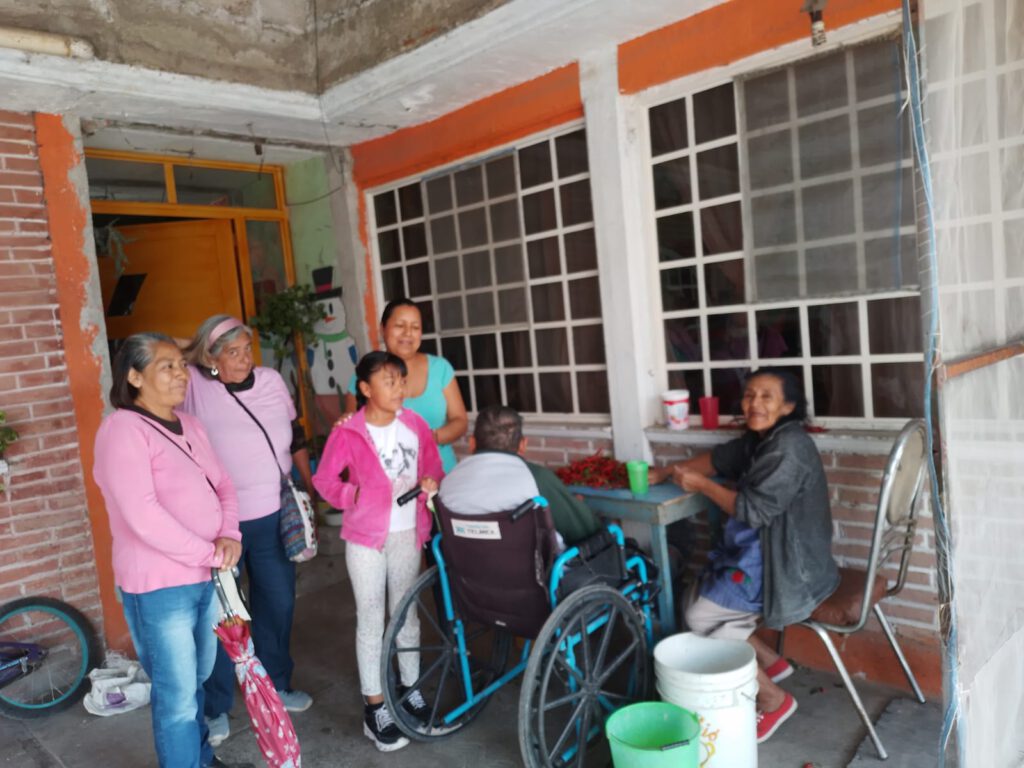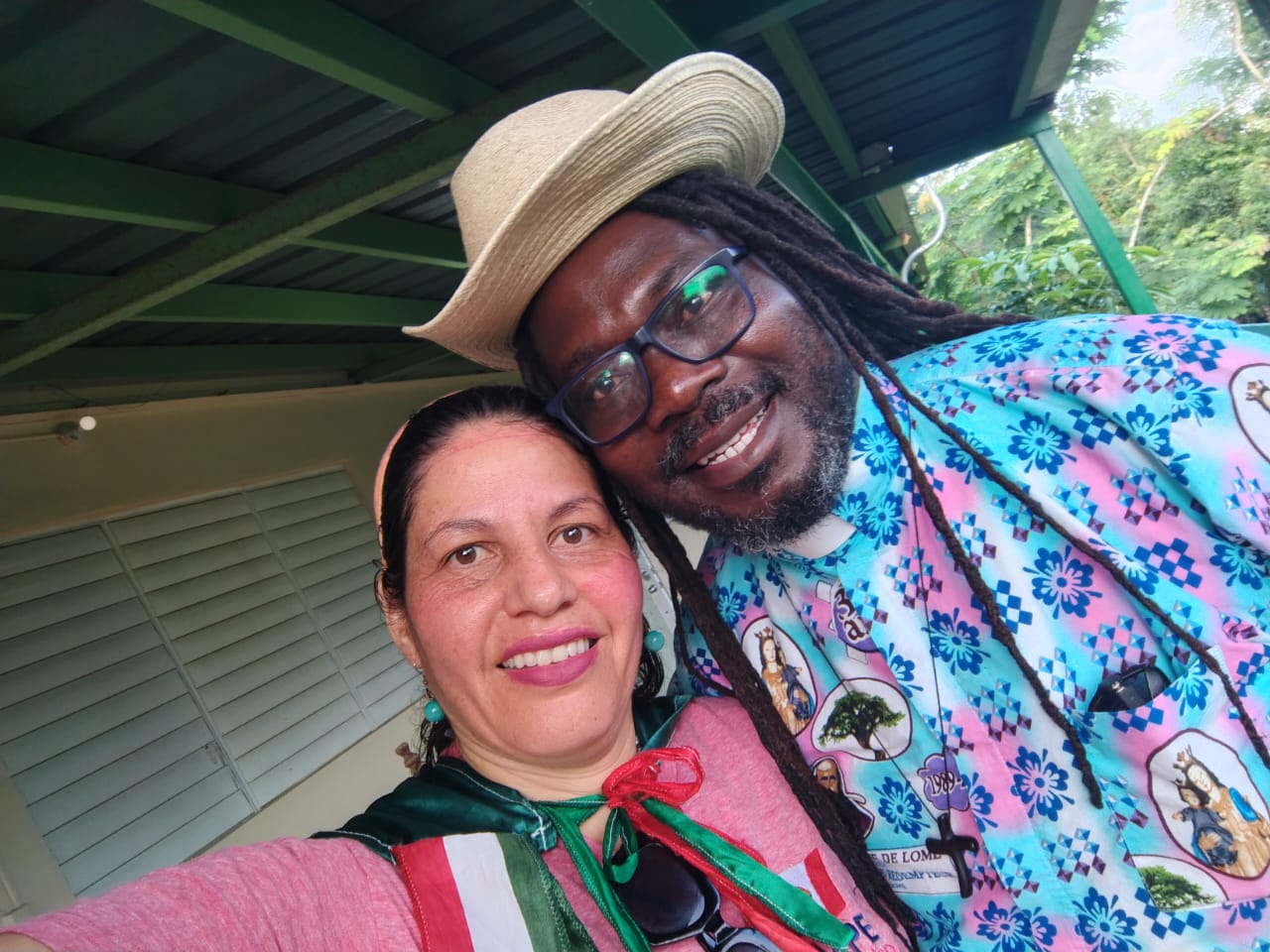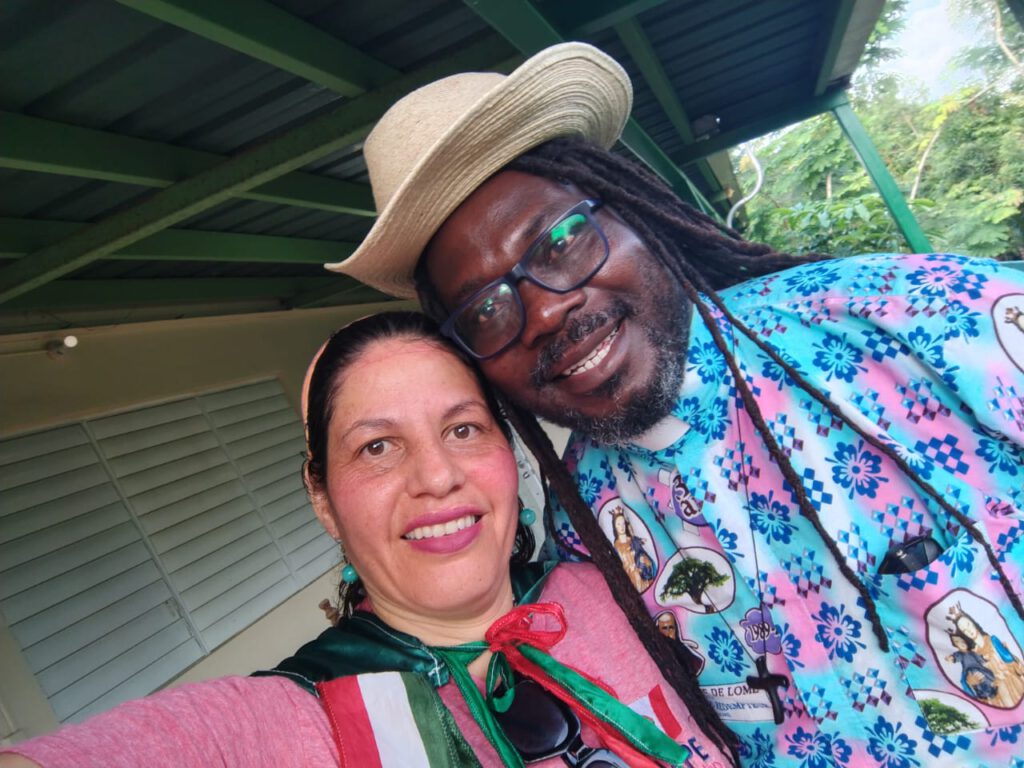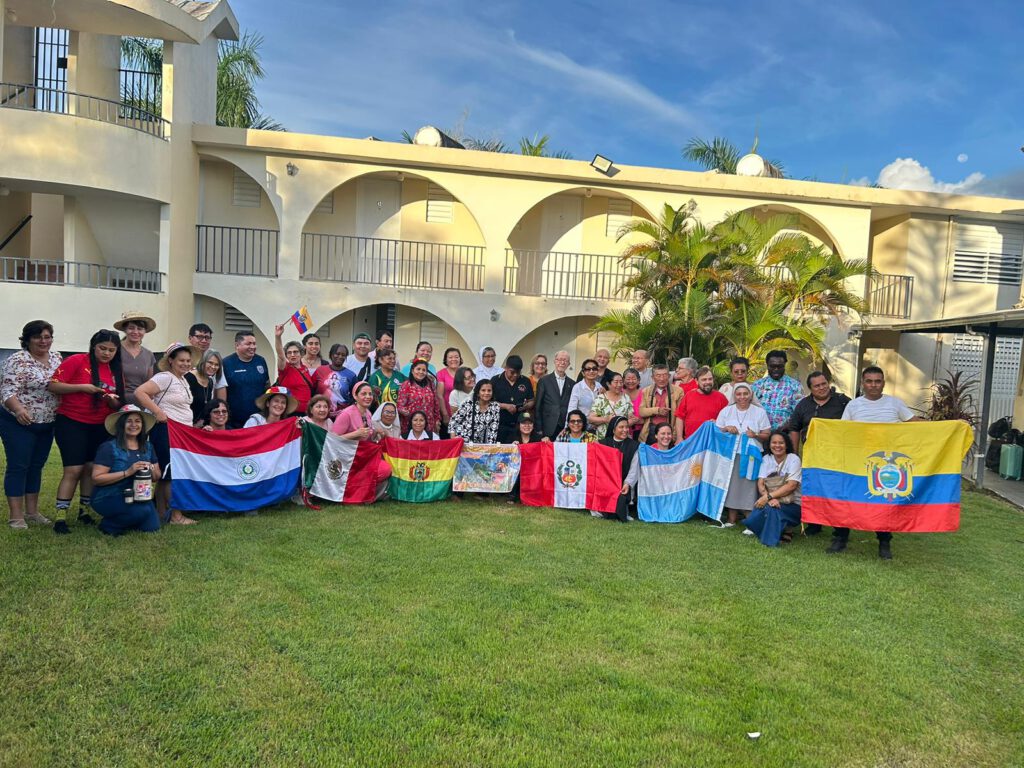The second day of the VII International Assembly of the CLM movement has been dedicated to the report of the Central Committee (CC), presented by Alberto (Spain), as head of the CC, a small structure that we created to promote the movement at an international level, to follow up on the agreements reached in the different international meetings. Thanks to having a person ready for this, many tasks can be carried out, and we must be patient to match the rhythm of the Central Committee with that of the different countries. The person in charge of the Central Committee also represents the LMC in meetings of the rest of the Comboni Family, allowing fluid communication that favors the valorization of the LMC movement. And of course, accompany the coordinating teams of the different countries and continental committees, and share the initiatives and paths of the different countries to learn and walk together.
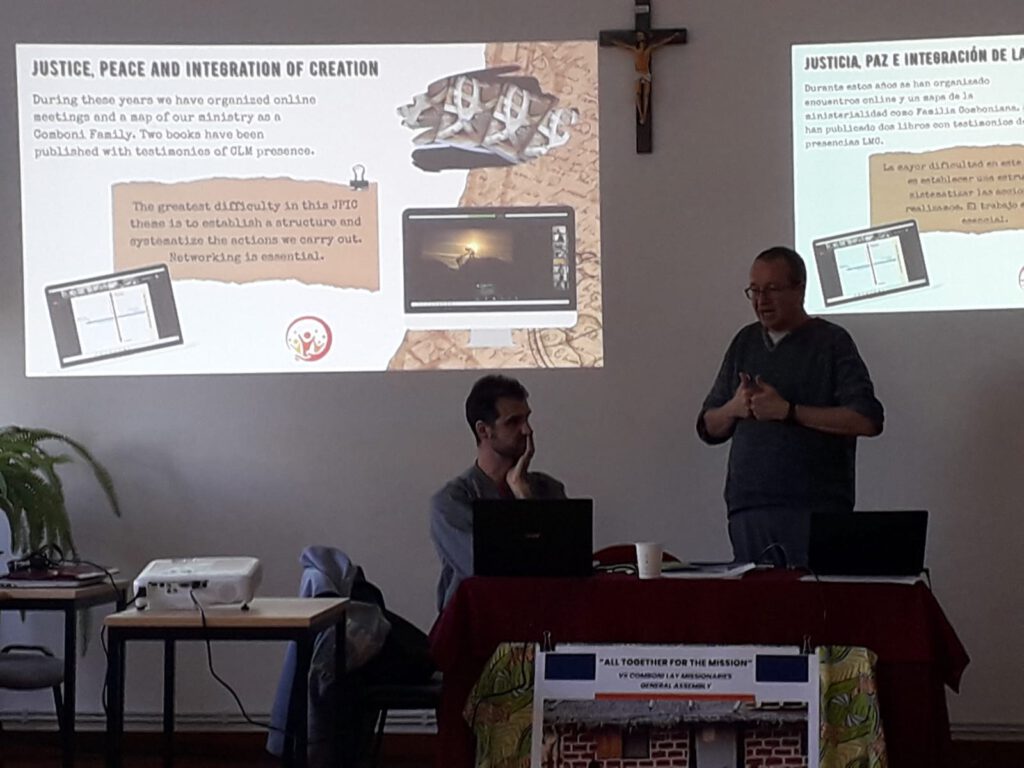
Currently we are 450 LMCs in 21 countries. A great challenge is that, although in the last 6 years we have sent 41 LMC to international missions, only 16 LMC are currently in our 5 international missions, even though that is one of the priorities that is part of our identity. In this sense we recognize the need for accompaniment throughout life to sustain our missionary vocation. Likewise, we need to be clear about our missionary proposal to be able to offer it to those who come with interest in learning about this vocation. We need, like Comboni, people and economic resources. Strengthen missionary animation and, regarding the economy, feel the needs of other countries as our own while we do not stop seeking economic resources in our own countries. We are inspired by the dream of St. Daniel Comboni, who looked beyond the difficulties of each moment, without ceasing to be realistic, putting the needs of the mission at the center. Utopia always helps us walk.
Another important task of the CC is to accompany the international communities, remembering that the countries that send LMC abroad are co-responsible for this support. In this period since the Rome Assembly, JPIC has taken important steps, with work on ministeriality and the publication of two books of reflection on the matter. We recognize JPIC as an area of special interest for the laity.
In a movement with fragilities, lack of people and resources, taking care of spirituality is especially necessary as support and foundation. The CC report also especially reminds us of the need to reflect in each country on how it contributes financially to the International Common Fund. Currently more than 40% of our resources come from the MCCJ.
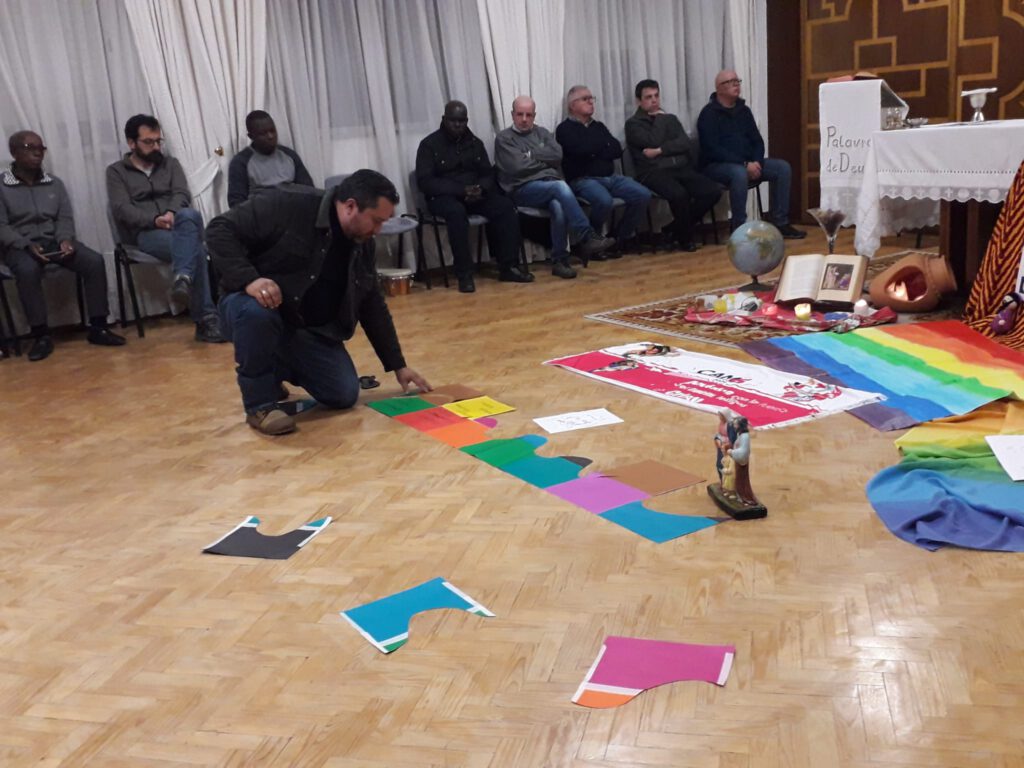
After sharing the report of the Central Committee, we have also had the opportunity to review how we have been progressing in the implementation of the agreements made in the previous Assembly held in Rome in 2018, collected in 96 proposals. Among so many issues, we can point out that we have advanced along the path, still needing to go deeper. We highlight the creation of the International Training Guide and the International Communication Guide, as a service to the different national LMC movements.
In the afternoon, we reviewed the process of ecclesiastical recognition as an International Association of the Faithful, discussing the draft Statutes of the International LMC Movement. Alberto highlighted that achieving this recognition will be a long-sought objective and will mean significant differences. The ultimate responsibility of the CLM movement will be for the CLM themselves, in their different international and national structures. We must become aware of this. However, the statutes will not be new, they will not include anything that is not already included in previous international agreements. It is therefore a qualitative difference. In the evening we always had a special moment, such as reviewing the different international communities, with the opportunity to have a brief video call with the communities of Acailandia-Piquia (Brazil), Mongumba (Central African Republic) and Carapira (Mozambique)[i]. This pleasant online moment closed with this message from Federica from Carapira: Every day we pray for you, so that the Lord Jesus has space in our open hearts and Ana from Piquiá: the desire to continue upon returning to Europe supporting the realities that are knowing in his ad gentes stage.
[i] In addition international communities, we currently have Arequipa (Peru) and Kitelakapel (Kenya).




